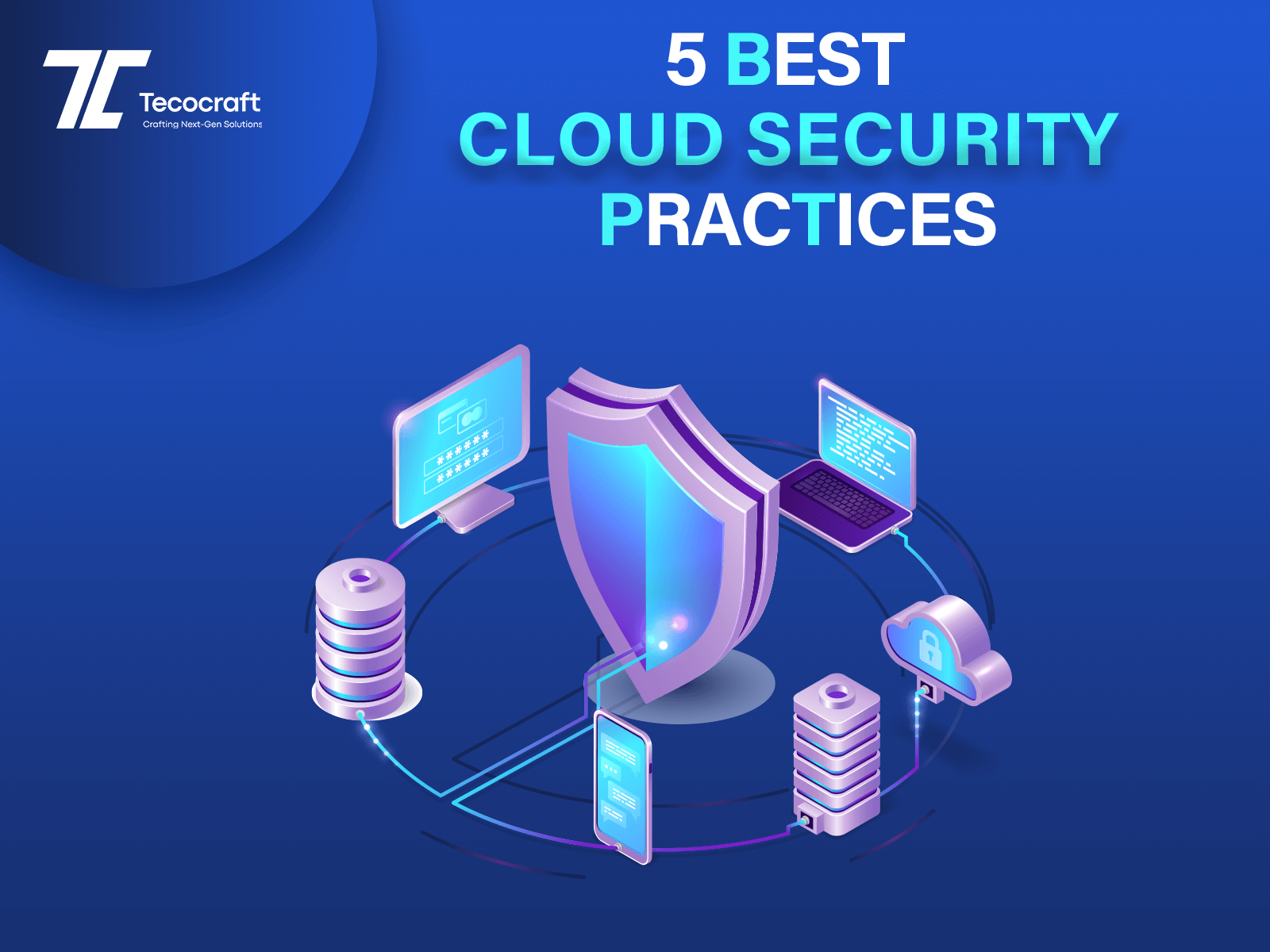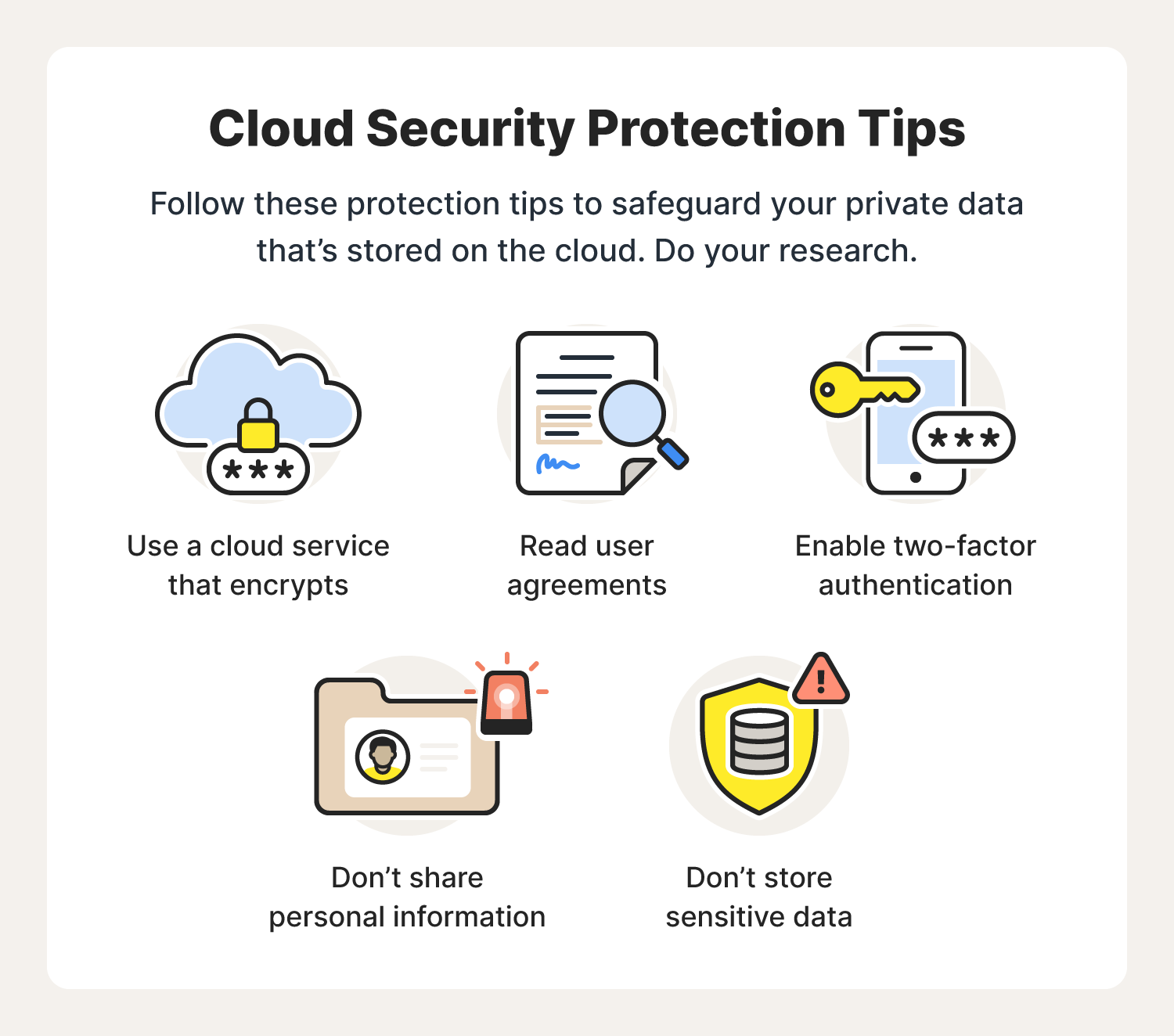5 Key Benefits of Hybrid Cloud Computing Solutions

As businesses navigate the complexities of digital transformation, hybrid cloud computing solutions are emerging as a pivotal strategy for achieving a balance between on-premises infrastructure and cloud services. Hybrid cloud provides an agile environment for organizations to grow, innovate, and secure their data and applications while optimizing costs. Here, we delve into the five key benefits of adopting a hybrid cloud strategy, exploring how it can transform the way companies operate, secure their data, and scale their businesses.
Flexibility and Scalability
One of the most compelling aspects of hybrid cloud computing is the flexibility it offers. Businesses can run critical or legacy applications on their on-premises systems while leveraging the cloud for newer, scalable, and experimental applications. This setup allows for:
- Dynamic resource allocation: Scaling resources up or down in response to workload demands.
- Seamless migration: Shifting workloads between private and public clouds as business needs change.
- Testing and development: Using cloud resources for development and testing before deploying applications to the on-premises infrastructure.
Hybrid cloud environments provide the agility necessary for businesses to adapt to market changes, innovate, and scale rapidly without the need for significant upfront investment.
Enhanced Data Security and Compliance
Security remains a top priority for businesses transitioning to cloud solutions. Hybrid clouds offer unique benefits in terms of:
- Data sovereignty: Storing sensitive data on-premises or within a secure private cloud ensures compliance with data residency regulations.
- Control over sensitive applications: Critical applications can remain on-premises, reducing the risk of data breaches.
- Layered security: Combining on-premises and cloud security measures for a robust defense strategy.
By keeping critical data within a private cloud or on-premises, organizations maintain greater control over who has access to sensitive information, thus adhering to stringent compliance requirements like GDPR, HIPAA, or others. However, hybrid environments also allow for the integration of advanced cloud-based security tools.
Cost Efficiency
Hybrid cloud solutions enable businesses to optimize their IT spending:
- Capital expenditure reduction: Leveraging public cloud for non-critical applications reduces the need for large capital investments in hardware.
- Operational cost management: Organizations can choose to use public cloud services for predictable, lower cost, and on-premises infrastructure for applications requiring high performance or data security.
- Elastic computing: Paying only for what you use in terms of cloud resources, avoiding the cost of idle resources.
The hybrid approach allows companies to strike a balance between capital expenditure (CapEx) and operational expenditure (OpEx), ensuring they can allocate resources more effectively.
Disaster Recovery and Business Continuity
Business continuity planning is vital for any organization, and hybrid cloud can significantly enhance disaster recovery (DR) strategies:
- Geographic redundancy: Data can be replicated across multiple locations, both in-house and in the cloud, minimizing the risk of data loss due to localized disasters.
- Faster recovery times: Cloud-based DR solutions can offer faster recovery point and recovery time objectives (RPO/RTO), ensuring businesses get back online quickly.
- Cost-effective DR: Hybrid solutions can be more cost-effective than traditional DR, as organizations can use cloud storage for backup rather than maintaining a dedicated DR site.
A hybrid cloud approach ensures that businesses have multiple avenues for recovery, providing peace of mind and minimizing downtime in case of disasters.
Innovation and Competitive Advantage
Finally, hybrid cloud computing provides businesses with a platform for innovation:
- Access to cutting-edge technology: Organizations can quickly adopt new services like AI, machine learning, and IoT platforms available from cloud providers without overhauling their IT infrastructure.
- Integration of legacy systems: Companies can modernize older systems without completely replacing them, bridging the gap between old and new technologies.
- Agile experimentation: Developers can experiment with cloud-based technologies in a sandbox environment, fostering innovation without affecting critical on-premises systems.
This combination of flexibility, scalability, and access to cloud-native technologies positions businesses to outpace competitors, fostering an environment ripe for innovation and growth.
📌 Note: While hybrid cloud computing offers numerous advantages, it also introduces complexity in terms of management, integration, and security. Companies need to ensure they have the right skills and tools to manage a hybrid environment effectively.
Ultimately, the key benefits of hybrid cloud computing solutions go beyond just technical advantages. They offer a strategic pathway for businesses to navigate the digital landscape. By leveraging the strengths of both on-premises and cloud environments, organizations can achieve a balanced approach to:
- Flexibility and scalability to meet changing market demands.
- Enhanced security and compliance with regulatory standards.
- Optimizing costs by reducing unnecessary CapEx and managing OpEx efficiently.
- Robust disaster recovery and business continuity planning.
- Innovation that drives competitive advantage and business growth.
As hybrid cloud becomes more prevalent, its adoption by forward-thinking businesses will likely shape the future of IT infrastructure, making it a critical component of any organization's strategy in the digital age.
What are the main components of a hybrid cloud architecture?
+Key components include on-premises data centers, private clouds, public clouds, and the integration and management platforms that connect these environments.
How does hybrid cloud improve data security?
+By allowing sensitive data to remain on-premises or within a secure private cloud, hybrid cloud provides enhanced control and layered security measures, ensuring compliance with data protection laws.
Can small businesses benefit from hybrid cloud computing?
+Yes, small businesses can benefit from the scalability and cost-effectiveness of hybrid cloud solutions, enabling them to grow without prohibitive upfront costs while maintaining necessary control over their data and systems.
What are the challenges of managing a hybrid cloud environment?
+Key challenges include integrating disparate systems, maintaining security across environments, cost management, and ensuring consistent management and monitoring tools work across both on-premises and cloud infrastructures.
Related Terms:
- Disadvantages of hybrid cloud
- Hybrid cloud advantages and disadvantages
- Advantages of community Cloud
- Characteristics of cloud computing
- What is Cloud Computing replacing
- Edge computing challenges



